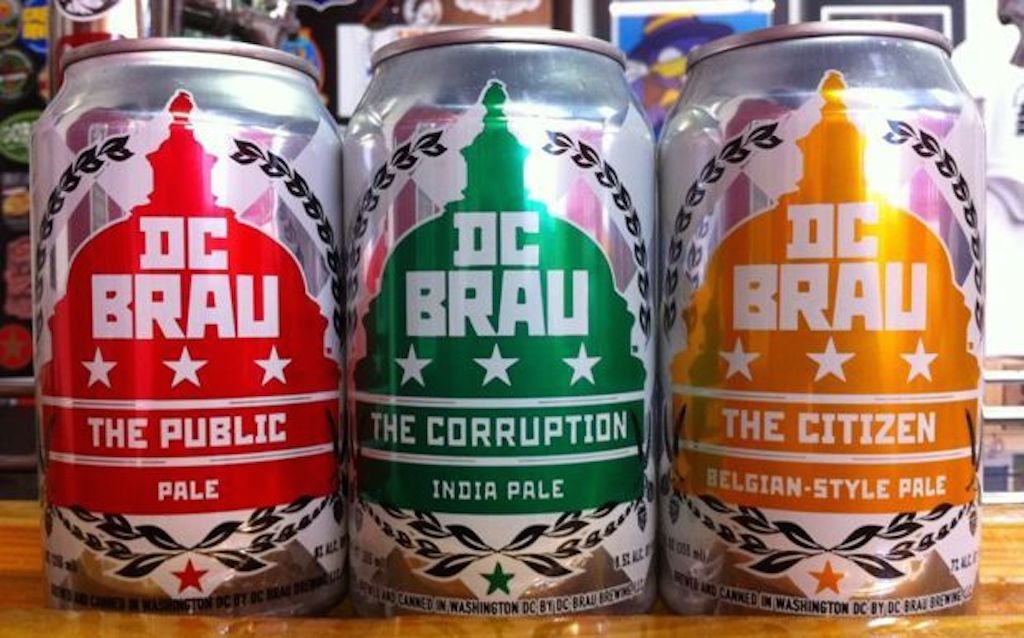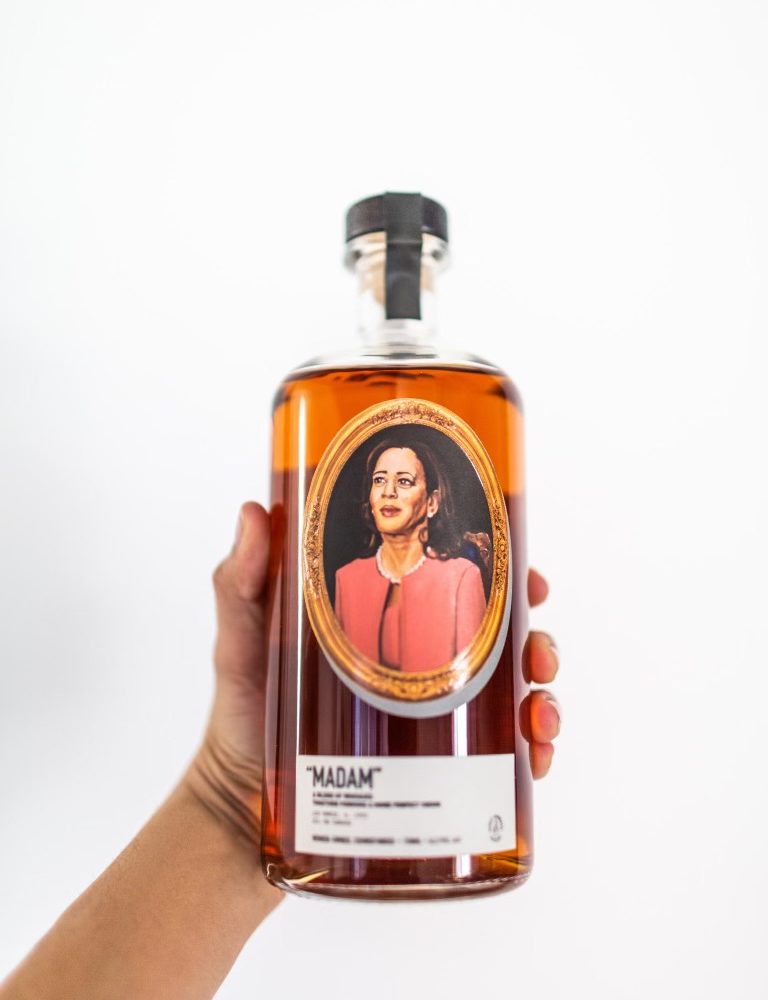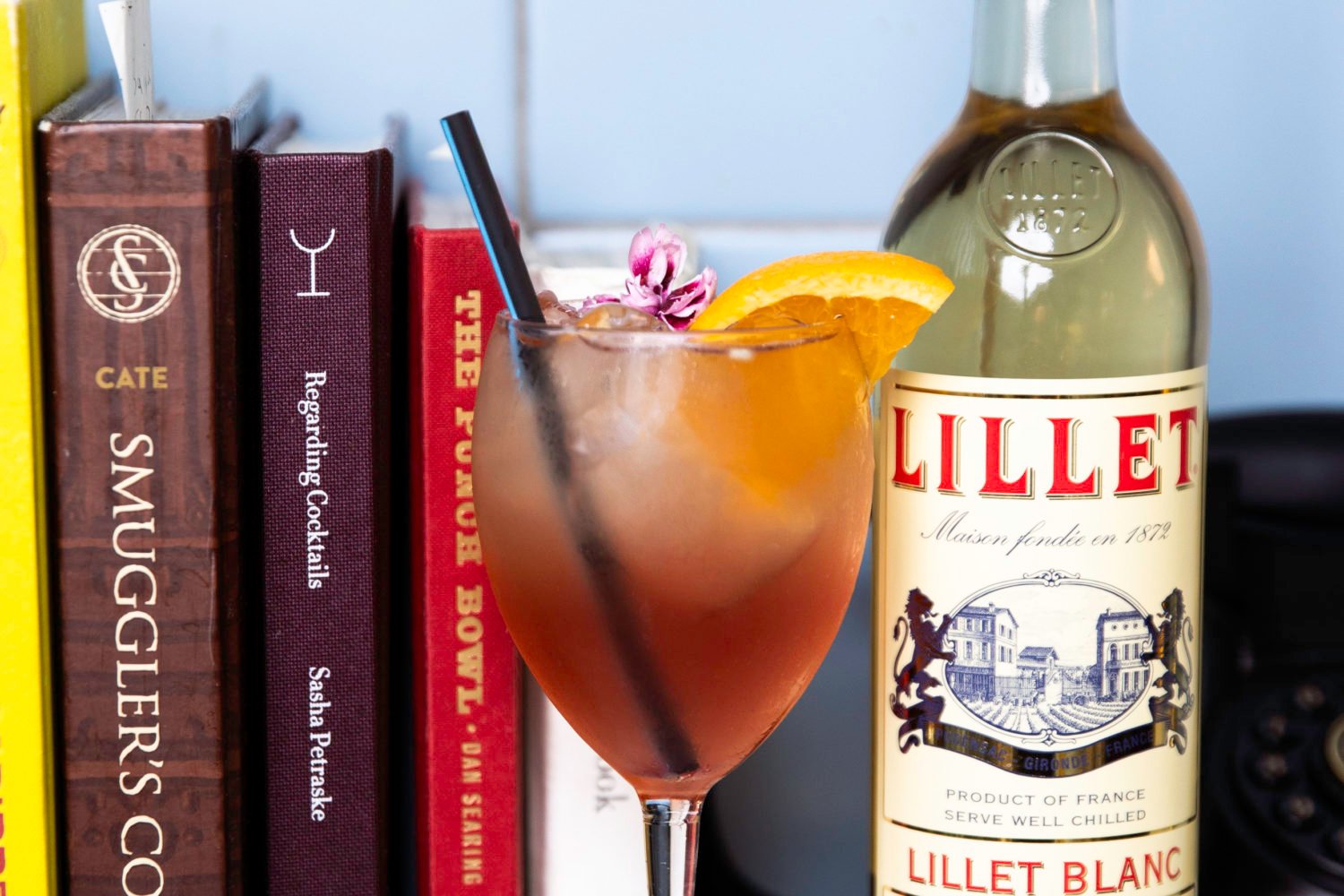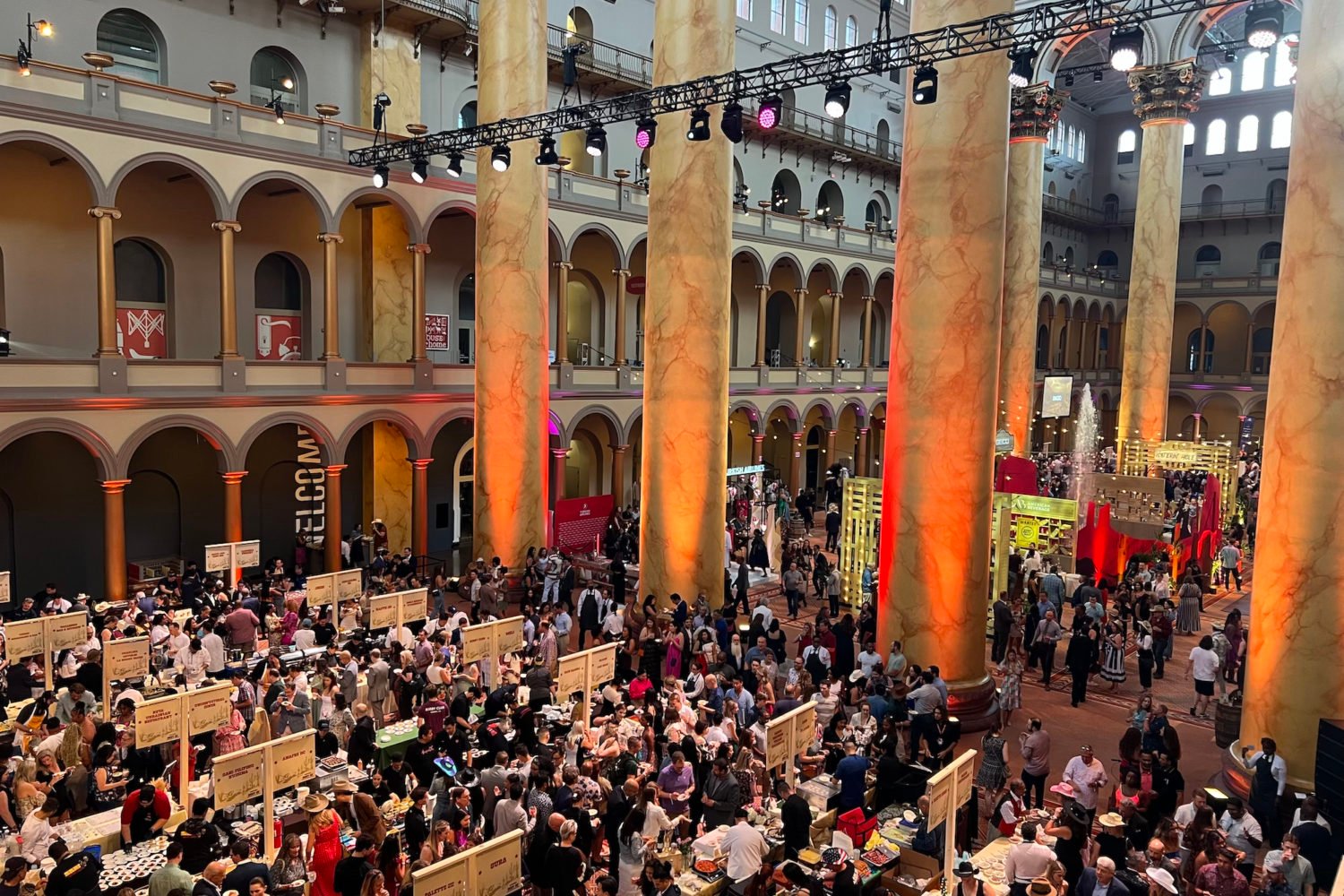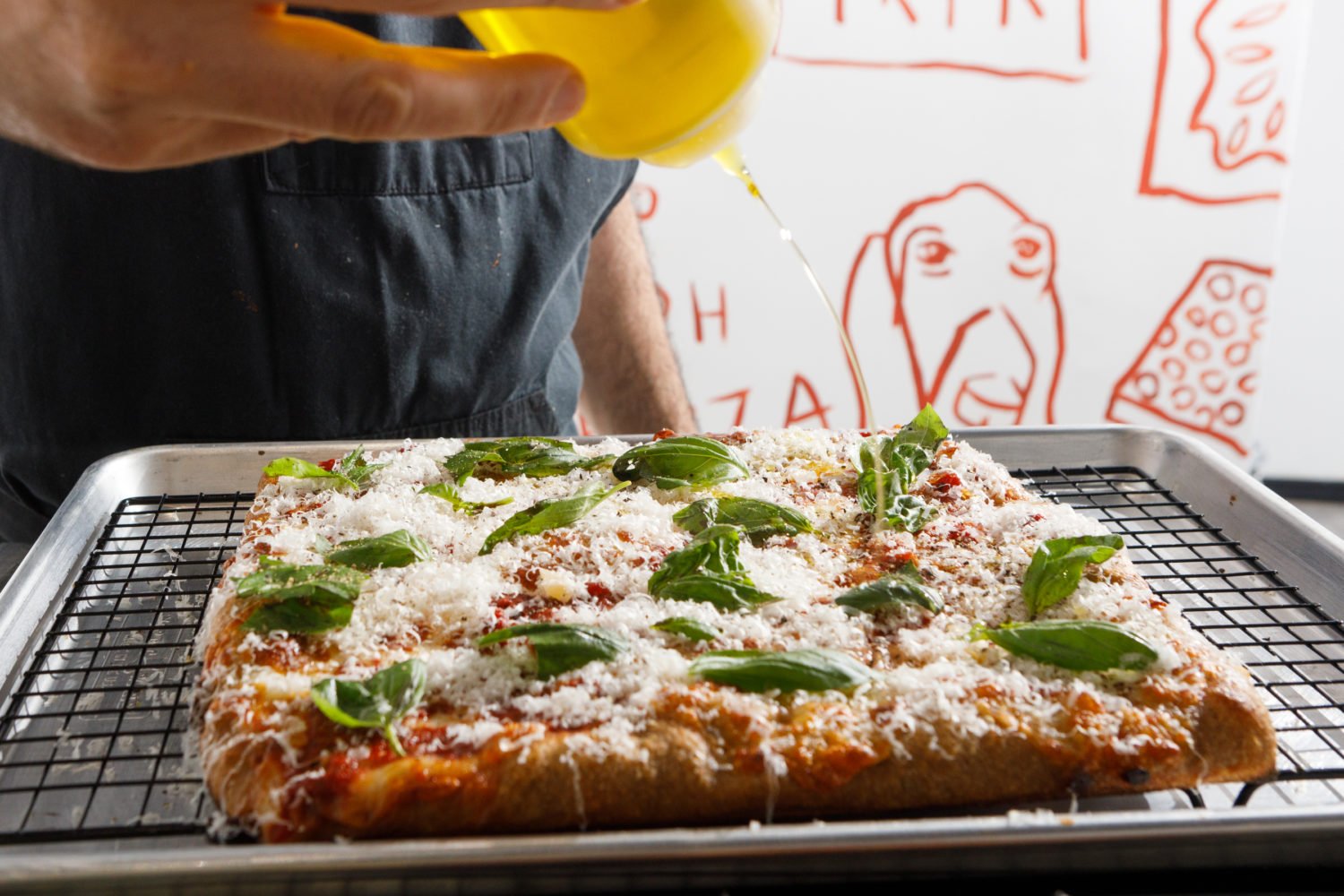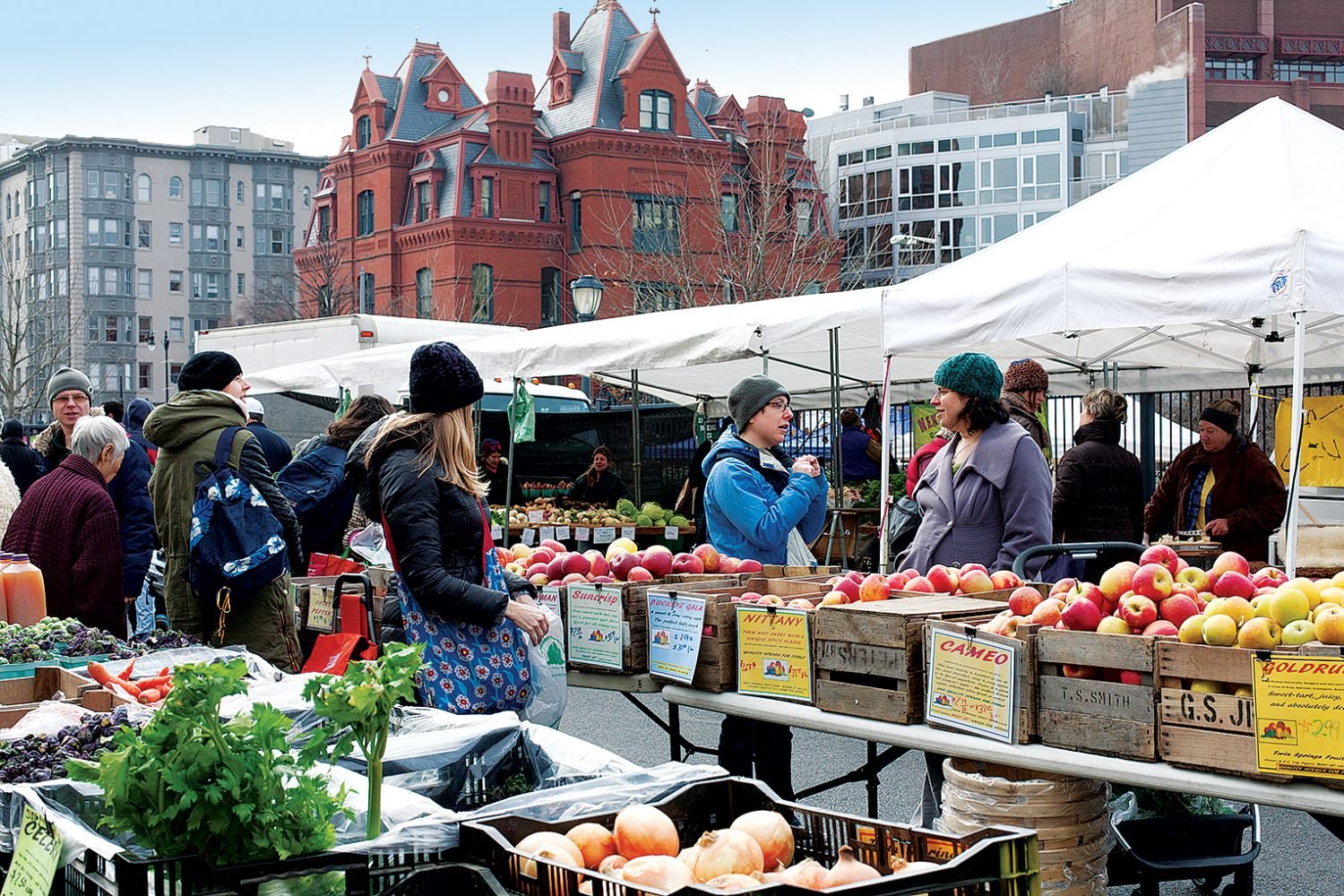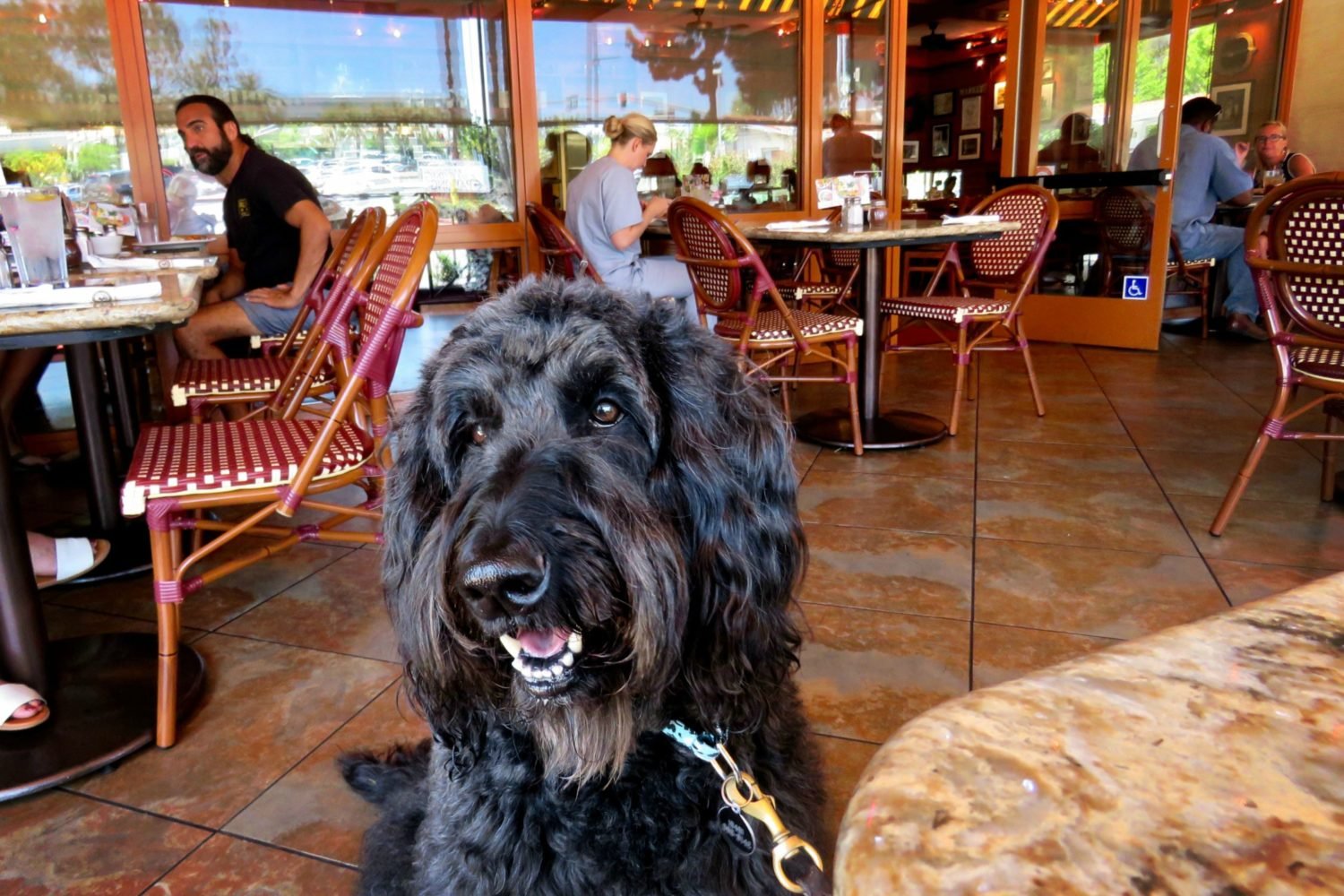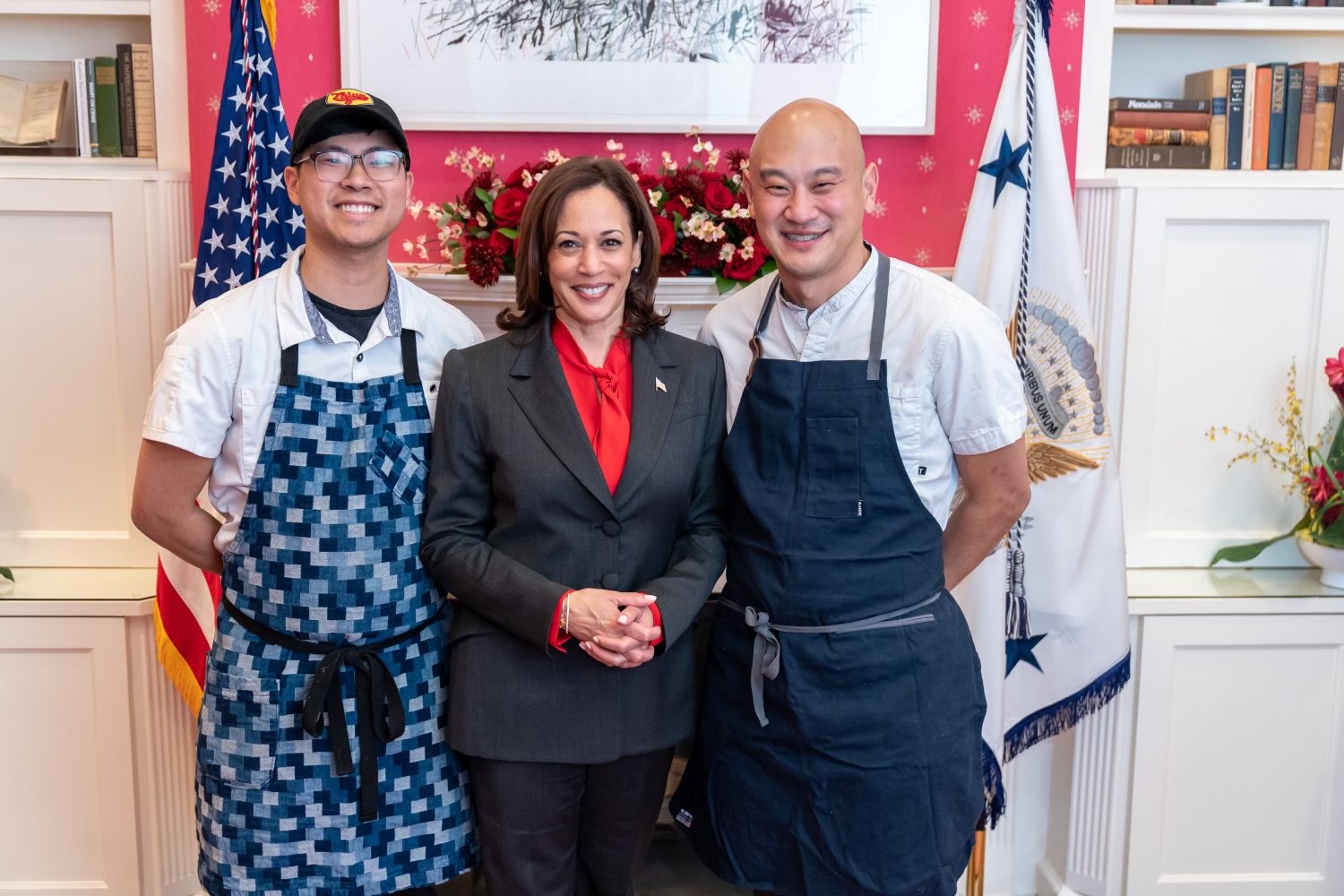When Brandon Skall and Jeff Hancock opened DC Brau in early 2011, they were venturing into relatively uncharted territory. DC’s last production brewery shuttered in 1956, which made for thorny financial and regulatory obstacles when relaunching the trade. It also created a city-wide thirst for local craft beer. DC Brau’s blowout five-year anniversary party this Saturday only proves that Washingtonians still aren’t satiated.
“I’m really glad that we are still here five years later, and that we’re making plans to continue to be here, and continue to be relevant, and expand our capabilities going forward,” says Skall.
The brewery has expanded in many ways since the beginning, from the diversity of its brews to the expansive tasting room in Northeast DC. The company started as a two-man operation, producing only 1,600 barrels of hop-forward beer in its first year. The brewery now has 40 staff members, and last year churned out around 15,500 barrels of beer across many styles.
Hancock acknowledged that the business’ growth has been faster than they anticipated, estimating that they’re probably three-to-five years ahead of schedule. Though Washington’s beer scene has boomed since DC Brau debuted in 2011—70 breweries currently operate in the region—their role as first in the District continues to have advantages. DC Brau is often the de-facto local beer at bars and liquor stores.
“I don’t think you can overstate the impact that they had,” says Jace Gonnerman, beverage director at Meridian Pint, which hosted the DC Brau launch party. Crowds swarmed, and lines were down the block. “We kicked an amount of beer that we’ll never kick again, just because the market was so ripe for it and everyone was so excited,” says Gonnerman.
Despite the excitement from drinkers, laws still stood in the way of expansion. When DC Brau launched, its license didn’t allow the team to offer free tastings of beer, or sell pints to guests. The rules around sales of growlers—large, beer-filled jugs—were also unspecific, though Skall and Hancock found language in their licenses that they interpreted to be positive. They sent a letter to the city’s Alcoholic Beverage Regulation Administration with their findings, and the organization decided to uphold growler sales.
The two were among the champions of getting tastings approved. They also hired a legal team, and began working with the city council to introduce legislation that helped them compete with breweries and policies in neighboring states. Tasting permits were approved in 2011, and pint sales came in 2014 as a result of the entire brewing community coming together to push for change.
“The city just sort of really didn’t know what to make of us,” says Skall of the initial trouble with rules and regulations. “It was just something that they weren’t necessarily opposed to, but they didn’t really understand. Working with agencies like ABRA and DCRA is totally different now for this industry than it was five years ago, just because we do have a foot through the door.”
Skall says he experienced initial trepidation that other breweries would piggyback off the policy victories and cut into his bottom line. Instead, he found the opposite.
“We’ve actually got a legitimate, inside-the-District brew scene,” says Skall. “It’s definitely been a rising tide that has lifted all the boats.”
Case in point: Saturday’s anniversary bash, which features five special-collaboration beers from local peers like Port City Brewing, as well as Austin Beerworks, Indiana’s Sun King Brewing, and others. Look for tickets ($45 in advance and at the door) online.

